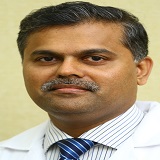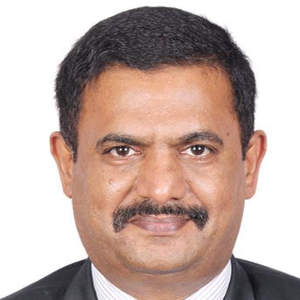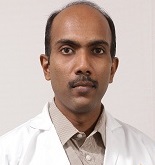

Enriching Lives
At Brain and Spine Hospital, our team of experts works together to provide the most advanced and individualized care based on the latest research and guidelines.
Our multidisciplinary team approach gives patients with spine disorders access to all of our specialists with one call. We are committed to providing personalized care that meets each patient’s needs to help them get back to good health as soon as possible.
The spine consists of 26 bones called vertebrae which protect and support the spinal cord and nerves. A number of conditions and injuries can affect the spine which can damage the vertebrae, cause pain and limit mobility.
Our neurosurgeons, pain physicians, psychologists, physiotherapists and other specialists have extensive experience in treating even the most complex spinal conditions - Aim is to improve the quality of life for our patients.
Numerous conditions can affect the spine anywhere from the neck to the lower back. Some of the spine disorders we treat are:
Degenerative spine and disc conditions:
Other spine conditions and disorders:
Factors that can increase the risk of developing a spine disorder include:
Signs and symptoms depend on the specific spine disorder and often affect other parts of the body depending on the area of the spine or spinal cord that is affected. Common symptoms include:
At Brain and Spine Hospital, our spine experts conduct a thorough evaluation, including:
Depending on each patient’s individual case, our doctors might recommend one or more tests, such as:
Our spine specialists often use one or more treatments, depending on the specific condition or injury. Treatments we offer include:
Surgery to replace discs, fuse (connect) vertebrae, open up the spinal canal or repair nerves.
Know More About
Spinal Disc Prolapse Neck & Back Spinal TumoursSurgeons over 25 years experience in treating all kinds of Brain and Spine problems

Neurosurgeon
A well known Doctor who is specialized in treating Brain and Spine problems

Neurosurgeon
A well known Doctor who as a vast experience in treating all kinds of Neuro problems

Neurosurgeon
Specialized and experienced well known neurosurgeon
Human Brain is an extremely complex organ that controls all the functions of our body. Immediate medical attention is read more
Tumours are abnormal tissues which cells grow & multiply uncontrollably, causing dysfunction of the organ from which it read more
Stroke refers to a condition in which there is reduced blood flow to the brain resulting in injury to brain cells causing permanent read more
The spinal cord is connection between the brain and peripheral nervous system and is protected by bones - spinal vertebra. read more
Spinal disc herniation or a slipped disc, is a condition in which there is a tear in the outer fibrous ring of an intervertebral read more
The Peripheral Nervous System consists of the nerves outside the brain and spinal cord. Disorders of the peripheral nervous read more